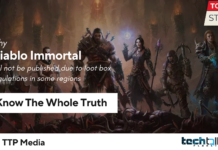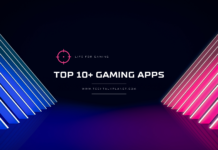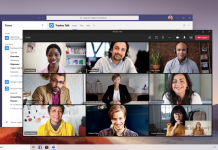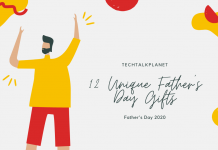
With ChatGPT’s impressive powers, OpenAI has recently enjoyed a lot of success, producing academic abstracts, organising holiday parties, and even penning songs in the style of Australian singer-songwriter Nick Cave. So much so that, according to The New York Times, ChatGPT has Google concerned about the future of its search engine, leading the corporation to create an AI version of Google Search in addition to other AI efforts like image-creation technologies. Therefore, it should come as no surprise that Google is exploring another another unexplored field: AI-produced music. The search engine behemoth has developed an AI bot that can produce music from text summaries or even tales evoking a particular era.
Google refers to this AI system as “MusicLM,” which is probably how it would interpret ChatGPT in terms of producing music. Google researchers referred to MusicLM as a “model creating high-fidelity music from text descriptions” in a research paper that was published on January 26. The system can make music at 24 kHz, and for the following five minutes it maintains that frequency (via TechCrunch).
An extremely thorough prompt listing the types or genres is required before MusicLM may start producing music. Awe-inspiring outcomes can be obtained from descriptions like “the primary soundtrack of an arcade game…with a catchy electric guitar riff” or “a mix of reggaeton and electronic dance music, with a spacey, otherworldly feel.”
With brief text instructions, the AI can also create longer soundtracks that run up to five minutes, such as “melodic techno” or “relaxing jazz.” It can even turn a brief story or description of a painting into music. For instance, it has produced an intriguing tune based on Edvard Munch’s “The Scream” and Jacques-Louis David’s “Napoleon Crossing the Alps.”
It makes sense that just 1% of instances can be connected to existing songs since Google trained MusicLM on copyrighted music that is already on the market, the researchers stated. This might raise questions about MusicLM’s potential to readily steal ideas for new songs from previously published works that are protected by copyright.
Google does not have any immediate plans to make this model available to the general public. Despite this, the business has made 5,500 music-text pairs accessible to anyone who wants to learn more about how MusicLM operates. This dataset, called “MusicCaps,” which displays the text prompts and produced audio side-by-side, is now accessible on Google’s Github page.














































